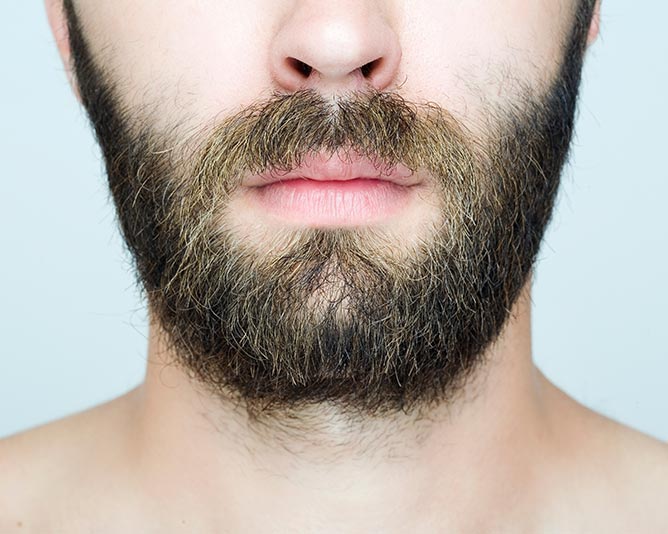Bearded men more hygenic than clean-shaven ones: study
Thu 28 Jan 2016, 10:48:37

Bearded men are more hygenic than clean-shaven ones as they are three times less likely to harbour infection-causing and antibiotic-resistant bacteria, a new study has claimed.
According to the study, published in the Journal of Hospital Infection, men without beards are more than three times as likely to be carrying a meticillin-resistant form of coagulase-negative staphylococci on their cheeks than those with beards.
The study also found that clean-shaven men were 10 per cent more likely to have common bacterium Staphylococcus aureus present on their faces, a bacterium which causes respiratory and skin infections. The study examined the faces of 408 healthcare workers, with and without facial hair.
While the results were overwhelmingly similar for bearded and non-bearded healthcare workers (bacteria colonisation was, on the whole, low), where there was a difference between the two groups, the bacteria species were more likely to be found
in men without facial hair.
in men without facial hair.
Researchers from Boston's Brigham and Women's Hospital, who conducted the study, suggested that the difference between clean-shaven men and their bearded peers could be attributed to the micro-abrasions caused by shaving.
According to the researchers, those tiny cuts in the skin "may support bacterial colonisation and proliferation".
In a separate study, British researcher Dr Adam Roberts is exploring how bacteria found in beards could be used to develop a new stock of antibiotics, as the current stock becomes increasingly ineffective.
By growing more than 100 different bacteria from beard swab samples, Dr Roberts was able to isolate a microbe which kills other bacteria, successfully testing it against a form of E coli that causes urinary tract infections.
The new findings are a far cry from the results of a study last year, which found that beards are as dirty as toilets.
No Comments For This Post, Be first to write a Comment.
Most viewed from Specials
Most viewed from World
AIMIM News
Latest Urdu News
Most Viewed
May 26, 2020
Do you think Canada-India relations will improve under New PM Mark Carney?
Latest Videos View All
Like Us
Home
About Us
Advertise With Us
All Polls
Epaper Archives
Privacy Policy
Contact Us
Download Etemaad App
© 2025 Etemaad Daily News, All Rights Reserved.










































